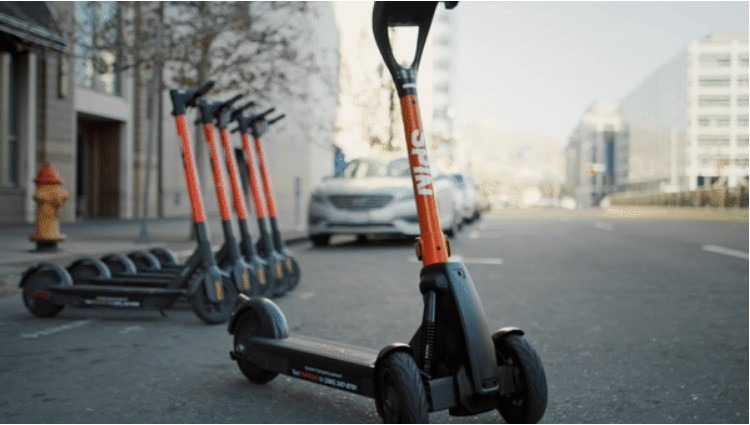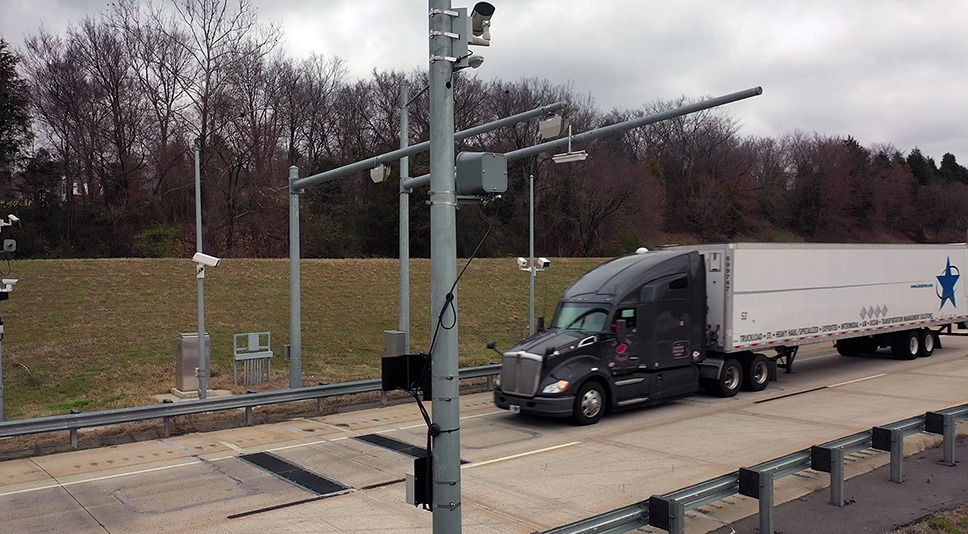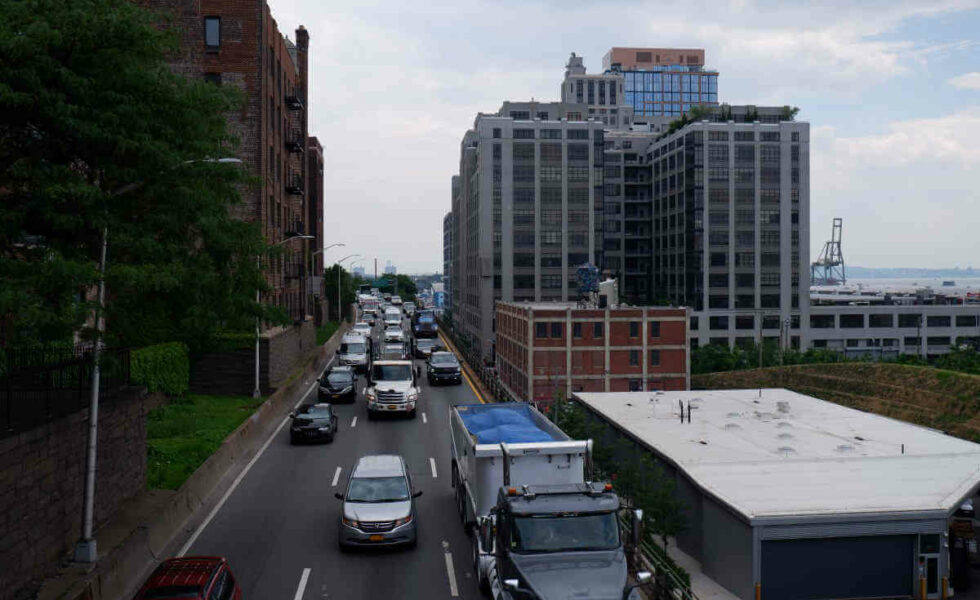Design of Resilient Smart Highway Systems with Data-Driven Monitoring from Networked Cameras
This project aims to develop a systematic way to design smart highway systems with networked video monitoring and control resiliency against environment disruptions and sensor failures. The research team will investigate deep learning methods for extracting fine-grained local categorical traffic information from surveillance videos and novel graph neural network methods to correlate and propagate the local information through the highway network for global states estimation, such as vehicle tracking and reidentification or traffic prediction in an unobserved area.






